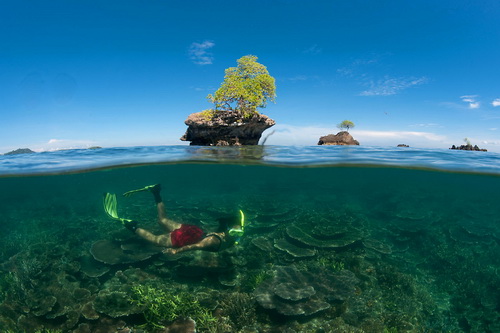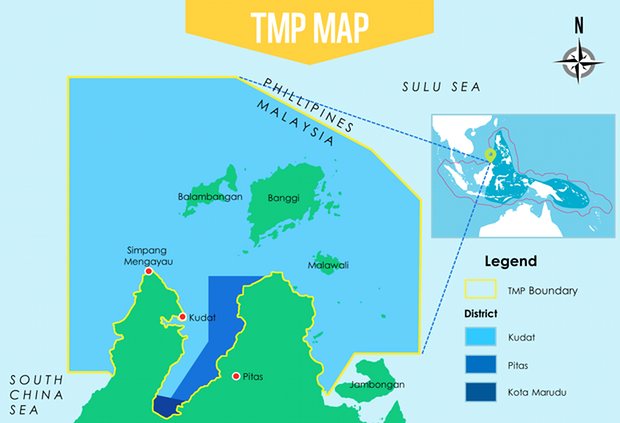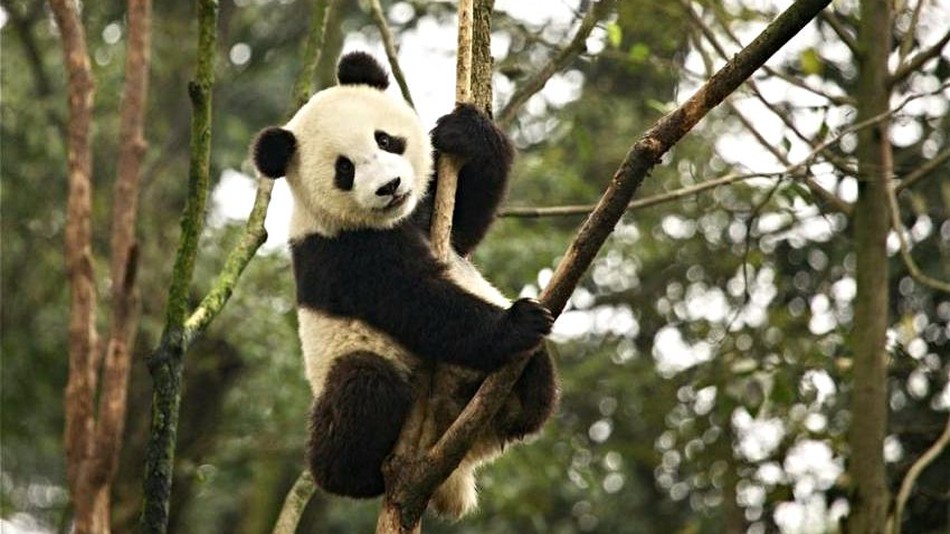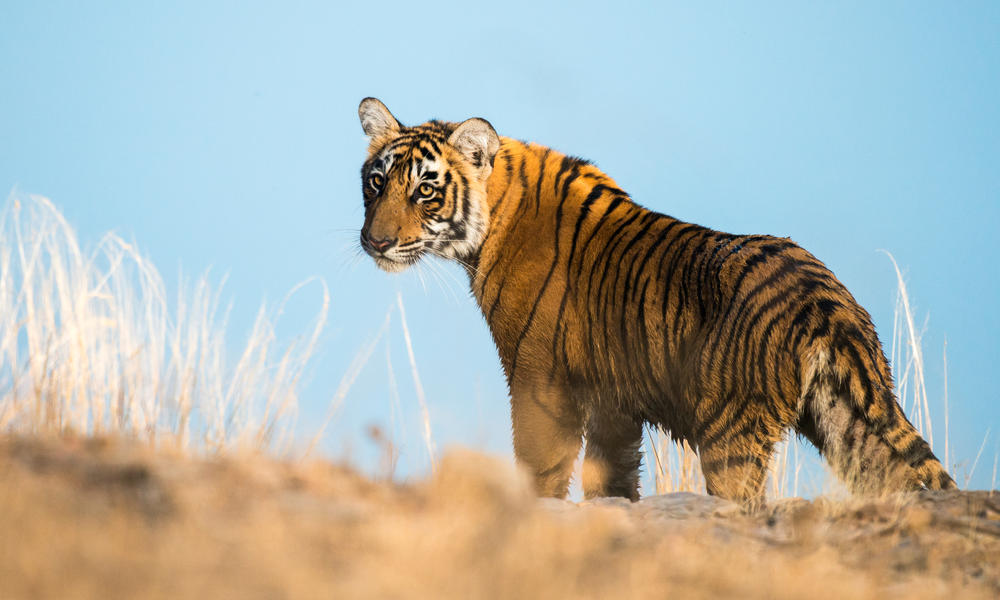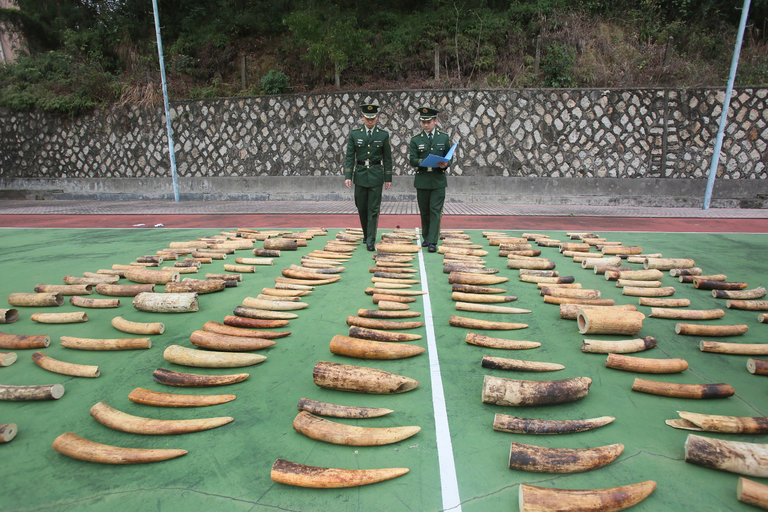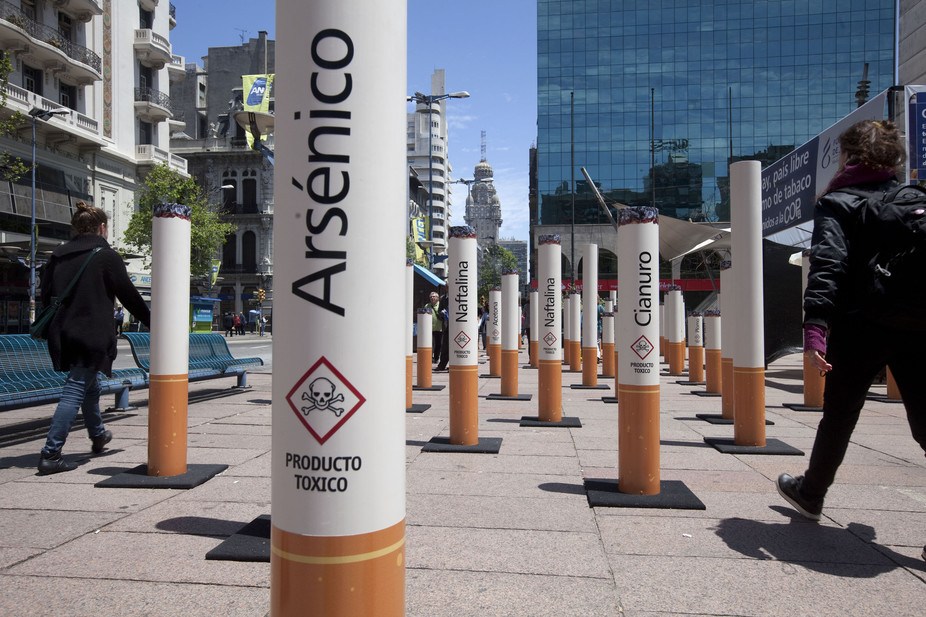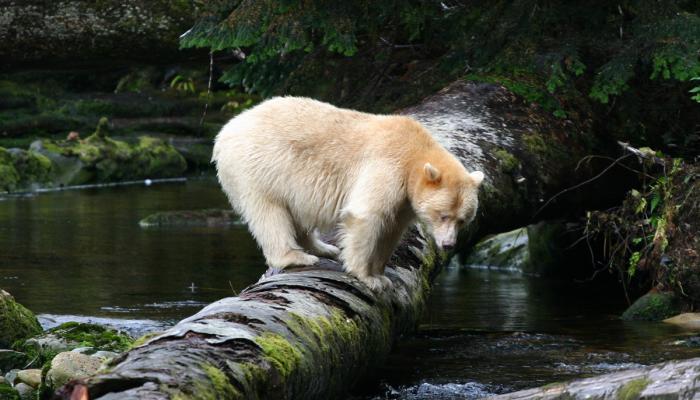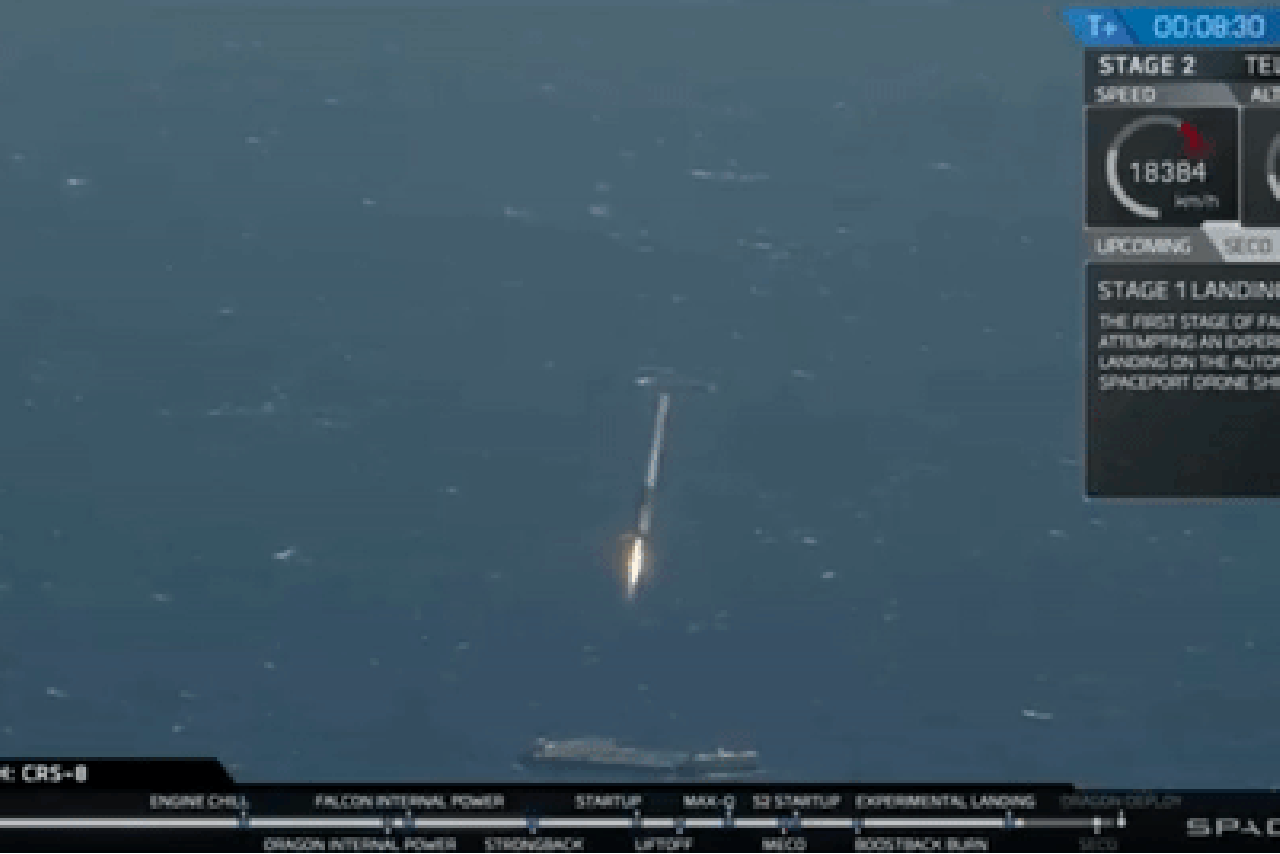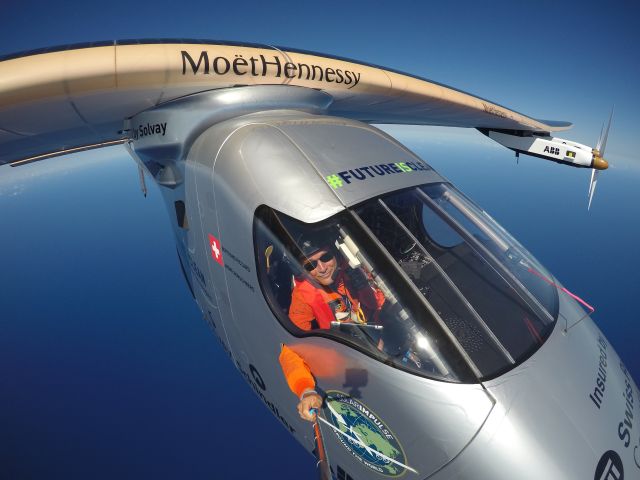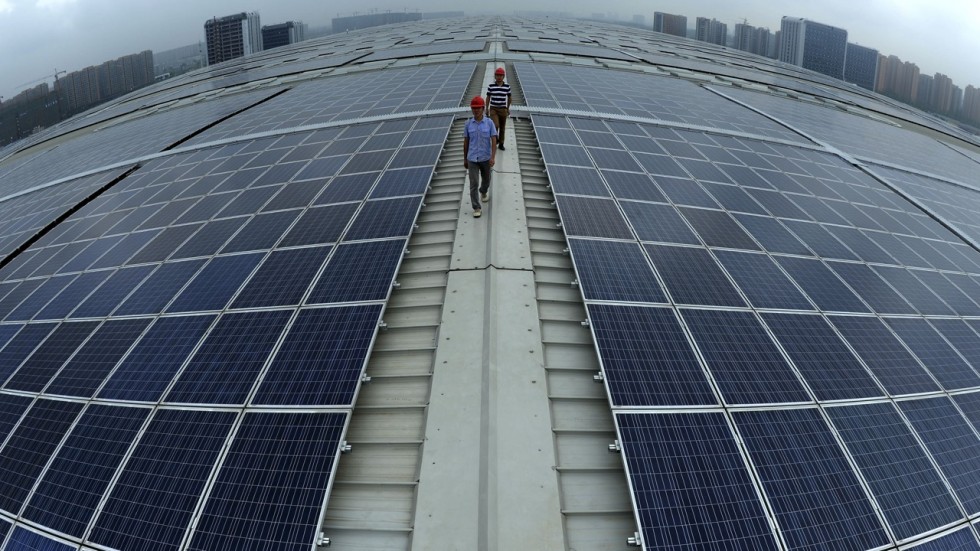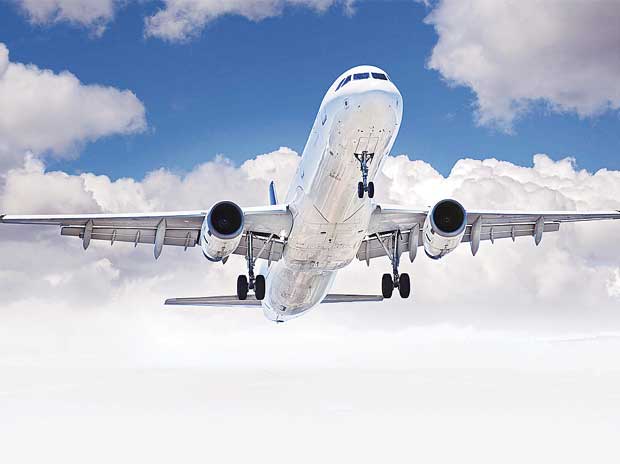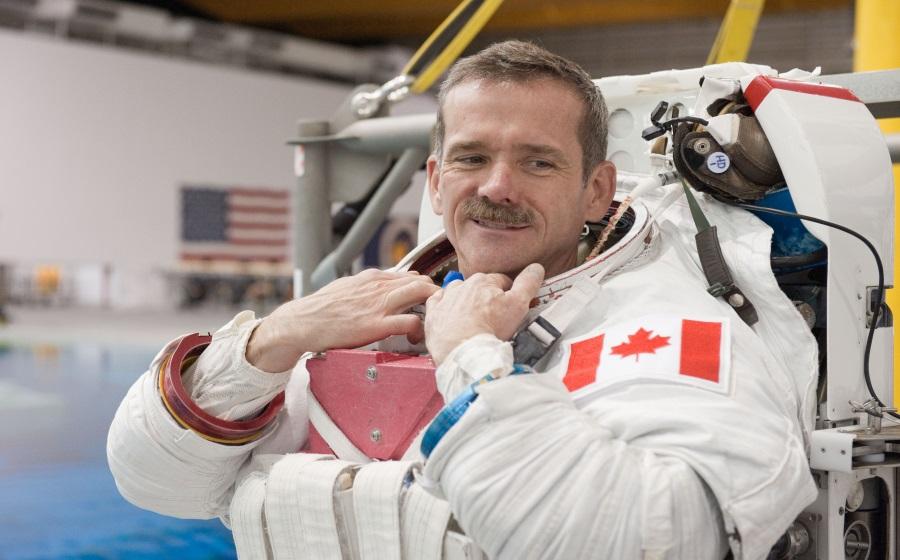These 16 Things Prove 2016 Was One Of The Most Fantastic Years In Human History
Be prepared to be filled with immense joy and gratitude for the year that went by.
1. Malaysia established a 1-million-hectare marine park
The year 2016 saw the designation of more than 40 new marine sanctuaries in 20 countries, covering an area larger than the United States.
These marine reserves include Malaysia's 13-year struggle to complete a million hectare park, completed this year. This also includes the largest marine reserve in history, created in Antarctica via an unprecedented agreement by 24 nations.
In the month of May 2016, Malaysia established the biggest marine protected area (MPA) in the country called the Tun Mustapha park (TMP).
It occupies 1 million hectares of seascape in Borneo, a region containing the second largest concentration of coral reefs in Malaysia as well as other important habitats like mangroves, sea grass beds and productive fishing grounds.
The Tun Mustapha marine park is home to more than 250 species of hard coral and around 360 species of fish. It also has huge and as yet largely untapped potential for nature-based tourism development.
A map of the new Tun Mustapha marine protected area, which occupies just under one million hectares of seascape, including more than 50 islands.
Image via WWF Malaysia via The Guardian2. Giant pandas are no longer endangered
Arguably the world's second cutest panda, the giant panda's population has risen by 17 percent since 2014 and has officially been removed from the endangered species list.
2016, in fact, was one of the most successful years in panda-breeding history, and double the normal number of cubs were born in China.
3. For the first time in 100 years, tiger numbers are growing
After a century of constant decline, the numbers of wild tigers around the world are on the rise. Currently, around 3,890 tigers exist in the wild.
And if efforts by governments of countries with tiger populations that came together in 2010 to pledge the goal of doubling wild tiger numbers are any indication, we have a chance to reach our goal of doubling wild tiger numbers in next 5 years.
4. China set a firm date for the end of the ivory trade
As public opinion is becoming more staunchly environmentalist, China has announced a ban on all ivory trade and processing activities by the end of 2017.
The Chinese government will educate the public on the consequences of ivory trading for elephant populations and has laid out an extensive plan that includes putting ivory carvers to work on existing museum pieces or other projects.
Confiscated ivory in Zhuhai, China, 2016.
Image via Imaginechina, via Associated Press via The New York Times5. We finally have an 100% effective Ebola vaccine
After a major Ebola epidemic that led to more than 11,000 deaths, an Ebola vaccine was developed by Canadian researchers with 100% efficacy.
The vaccine was tested in a trial involving nearly 12,000 people in Guinea and Sierra Leone during 2015 and 2016. Among the 5,837 people who got the vaccine, no Ebola cases were recorded. Humans eradicated horror, together.
6. Sri Lanka conquered the world's deadliest disease
After spending half a decade working to exile malaria, the world's deadliest disease, from their borders, Sri Lanka was declared malaria free as of 2016.
7. Uruguay successfully fought tobacco companies
The little country won a major case against Philip Morris in a World Bank ruling and set a precedent for small countries looking to introduce health-focused legislation.
Public display in Montevideo, Uruguay, of the toxins found in tobacco.
Image via Pablo la Rosa/Reuters via The Wire8. Italy made it harder to waste food
The Italian government created laws that provided impetus to collect, share and donate excess meals. With the help of the new law, Italy aims to cut waste one million tonnes from the estimated five million it wastes each year.
9. Israel is now making more freshwater than it needs
Israel now makes 55% of its freshwater, turning one of the driest countries on Earth an agricultural heartland. It's a remarkable turnaround as just a few years ago, in the depths of its worst drought in at least 900 years, Israel was running out of water.
10. In a landmark agreement, British Columbia protected 85% of the Great Bear Rainforest, the world's largest temperate rainforest, home to the wonderful 'Spirit Bear'
The Great Bear Rainforest is one of the world's largest temperate rainforests and the habitat of the Spirit Bear, a rare subspecies of the black bear with white fur and claws. It is also home to 26 Aboriginal groups, known as First Nations.
11. Crime rates in Holland have plummeted
One-third of Dutch prison cells are empty as the crime rate has shrunk by more than 25% in the last eight years, and continues to drop.
Some prisons, like this one in Haarlem, have been turned into homes for refugees.
Image via Muhammed Muheisen/AP via Dutch News12. Remember the viral Ice Bucket Challenge campaign of 2014-2015? In 2016, it provided the ALS foundation with enough funding to isolate a genetic cause of the disease.
Made possible with funds raised by the 2014 Ice Bucket Challenge social media campaign, the USD1 million grant from the ALS Association allowed UMass Medical School scientist John Landers, PhD, and a large, international research team to bring an international effort to identify all the genes that cause both familial and sporadic ALS.
13. SpaceX successfully landed a rocket upright onto a drone ship floating in the ocean for the first time after returning from space, pulling off a stunning feat
The stunning feat, that came after four previous failures, meant the company can potentially recover and reuse even more rockets in the future. And that could mean much greater cost savings for Elon Musk's private spaceflight company.
14. Solar Impulse II, a solar-powered airplane, flew across the Pacific Ocean for the first time, without using any fuel
On the longest stretch, the Solar Impulse 2 was flown for five days straight over the Pacific Ocean from Japan to Hawaii, a record distance and time in flight – close to 118 hours – for a piloted-solar powered plane.
15. In the first half of 2016, China installed 20GW of solar
The number is three times as much as during the same period from 2015. The surge in capacity extended China's lead over Germany as the top solar generator in 2016.
16. And finally, air travel got safer. 2016 saw the second fewest per capita deaths in aviation of any year on record.
In fact, 2016 was one of the safest years in Aviation history.
According to research from international aviation firm To70, there were seven fatal incidents in 2016, which led to 271 deaths. In 2015 the number of deaths was 471 and in 2014 that number spiked to 864.
The above list has been compiled with great help from Tweets of Chris Hadfield, the Canadian astronaut, who took to Twitter on 1 January 2017 to offer reasons for optimism in a year where divisiveness dominated the headlines
Thank you, Commander.
